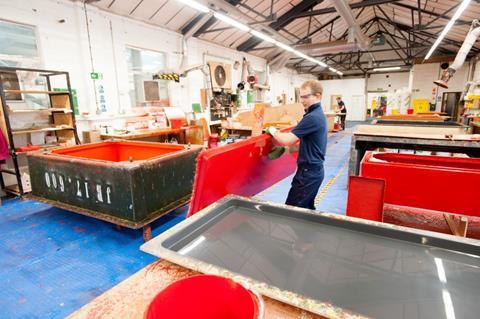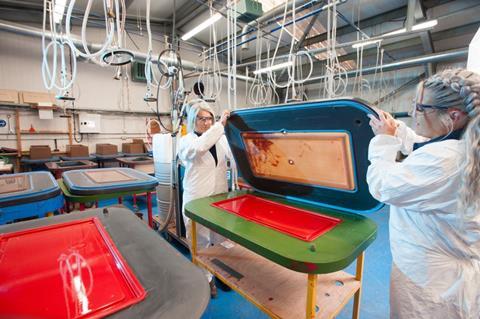The JB16 cabinet range have been very successful models for Jo Bird. They are in widespread use not only for energy projects on and offshore but also for shipping.

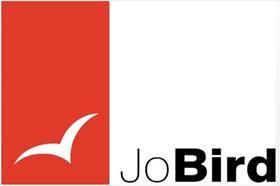
The compact dimensions but above all their superb reputation for reliability as well as ingress protection means they are as popular now as they have ever been. So why stop making them?
The JB16 cabinets are manufactured using the hand laminating process. A tried and tested technique but things have moved on. Hand laminating emits more airborne pollutants than closed moulds and creates more in the way of material wastage. These are elements Jo Bird’s R&D team are working hard to address. Increasingly, closed moulds are being used and this process not only is more environmentally friendly but also gives a much better quality of finish to the inside of the door.
|
|
|
In addition they are very rigid which helps to achieve the excellent IP56 rating. It is possible to make IP66 rating using this technique if this was felt to be beneficial.
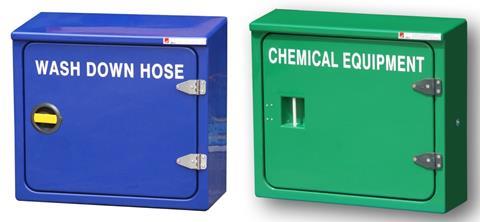
The shape of the body has also been revised to match the JB80 Fire hose cabinet with no lip above the door and rounded corners. The rounded design is safer when the cabinets are used on a vessel as a crew member is less likely to injure themselves should the ship roll and they fall against it. Removing the lip above the door narrows down the depth of the cabinet so it intrudes slightly less into a gangway too.
The original versions of the JB16 used a nylon rod handle but this has been superceded in recent years by the rotary handle. The latter has proved totally reliable over time and can be fitted with a security seal. The other advantage is the handle intrudes less into the internal space so the cabinet can be more compact.

The new models incorporate the very popular and reliable Rotary door catch which incorporates Biomaster ® technology and can be fitted with an anti-tamper seal to deter the curious. Rotating the handle will snap the seal so speed of access is in no way impeded.
The cabinets will be available in two depths. The JB85 has an external depth of 200mm and is designed around a 20m Rubber covered fire hose and a pistol grip nozzle. The JB85.360 is 360mm deep as the name implies.
This matches the JB16.360 in internal depth so can store two 20m rubber covered fire hoses and pistol grip nozzles. A Popular version is likely to be the JB16.360H which will be fitted with a 316 Stainless steel hose pin to help maintain the shape of the fire hoses.
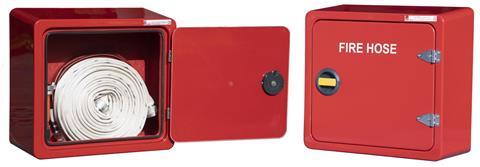
Like the JB16 range, they can be customized to store a wide range of other equipment too, including emergency descent devices and chemical PPE to mention just a couple. They can be wall/bulkhead or post mounted to suit different applications and are available in a wide range of RAL colours.
Like for like changes then and the prices are unchanged too. The new models will be manufactured from June 2023 onwards.
About Jo Bird
Since its establishment in 1986, Jo Bird has developed its products to meet the demands of a range of industries and environments. Its Firebird GRP cabinets and Toughstore cabinets are used by clients around the world, including multinational companies such as BP, Shell, Exxon Mobil and Total. Jo Bird also operates in the energy sector (offshore wind, oil & gas, refining, power generation). In addition to commercial shipping and hospitals.










